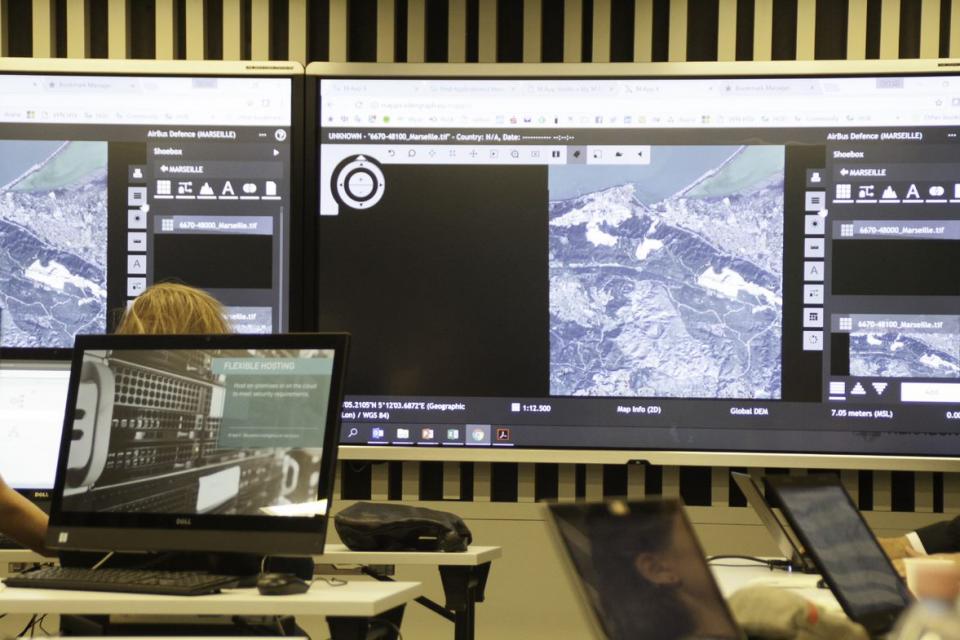Summer School 2021: Introduction to Geospatial Technologies for Achieving SDGs – Demographic Considerations is now completed!

The ISEPEI Summer School 2021 was carried out entirely online with more than 50 participants from four continents and 15 highly experienced lecturers working in diverse fields in a variety of international institutions, including: Lorant Czaran (United Nations Population Fund - UNFPA), Anupam Anand (Global Environment Facility - GEF); Alan Belward (European Commission, Joint Research Centre - JRC); Douglas Cripe (Group on Earth Observations (GEO) Secretariat); Masahiko Nagai (Yamaguchi University); Ed Parsons (Google); Pablo Vega (Tracasa). The course was open for both non-technical practitioners and academia.
The summer school was focused on the role of satellite-based earth monitoring and remote sensing in achieving the UN Sustainable Development Goals (SDGs), highlighting their potential and limitations. This year’s course was organized in cooperation with United Nations Population Fund (UNFPA), so the primary focus in presentations and case studies was given to demography, as well as health and poverty issues.
The school structure consisted of two stages.
A preparatory stage with practical workshops and live sessions aimed at familiarizing the attendants with the basics of geospatial technologies. Students were introduced to basic features of Google Earth Engine, Sentinel Hub, Survey123 and qGIS to improve their skills in data visualization and help their future work and research interests. An additional side-event on Disaster Risk Reduction - Local Resilience in Europe and Central Asia, was designed and performed by the Regional Office for Europe & Central Asia of the United Nations Office for Disaster Risk Reduction (UNDRR ROECA).
The core of the course comprised a week-long synchronous stage with live presentations by experts and practitioners, group discussions and practical exercises. The wide range of topics covered several technologies, including remote sensing, geospatial technologies, data collection and decision-support systems. In particular, the role of satellite-based earth monitoring and remote sensing in achieving SDGs were discussed, highlighting challenges and opportunities around them.
We would like to thank the entire set of excellent speakers for their time and effort and especially to all the summer school attendants, for their interest and commitment!
Check the agenda of the Summer School 2021 here.
We will continue to offer to our students the most contemporary methods in handling the complex problems of our societies and environment and inspire them to keep improving our world! Subscribe to receive updates on the upcoming activities and events of the ISEPEI project.
Have a great summer and stay tuned for our next events!...





